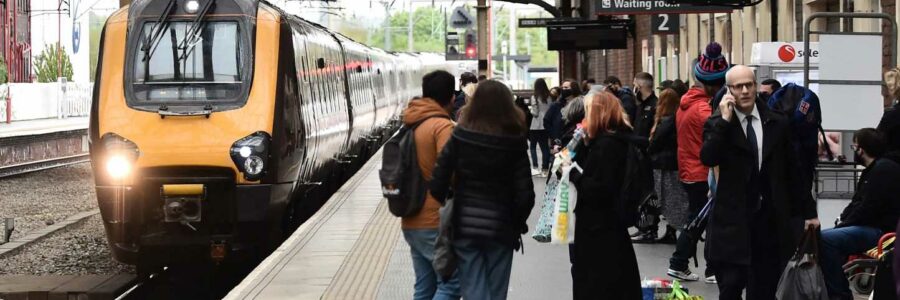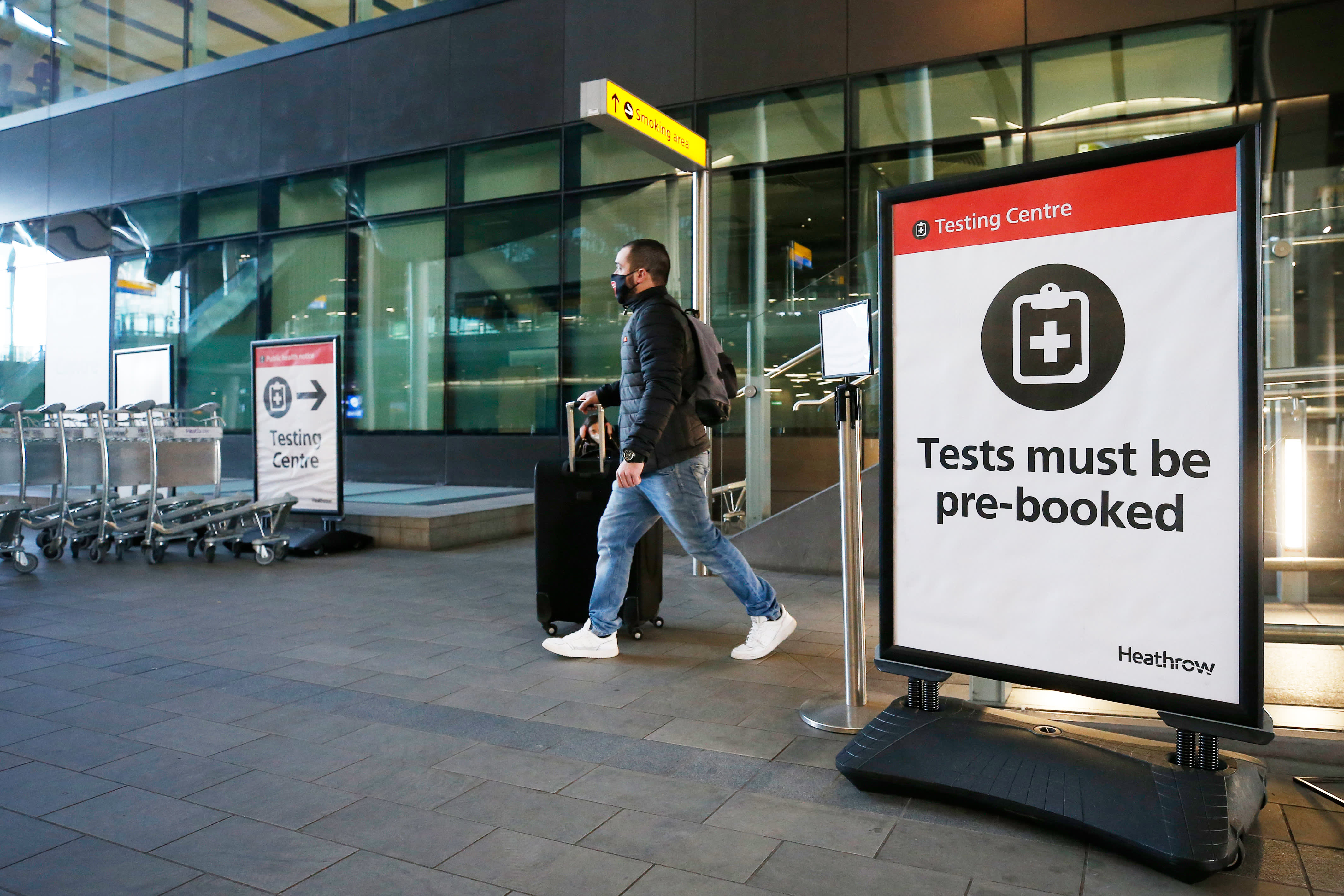
George Soros bet gets a surprise boost as UK announces biggest railway overhaul in 100 years
- The British government announced that a new state-owned body will be established in a bid to simplify the country's rail network.
- The network will be rebranded Great British Railways and will oversee trains, tracks, timetables and stations, which will include managing rail infrastructure, setting fares and selling tickets.
- SFM UK Management LLP, the British unit of Soros Fund Management, has a short position against Trainline which it steadily increased over the month of March to 0.7%.
A British digital travel booking company shorted by George Soros' U.K. investment arm saw its shares plummet on Thursday as the U.K. government announced a historic overhaul of its railways.
Shares of Trainline were down 21% by afternoon trade in London, having earlier fallen by as much as 32%. Investors fled the stock after the government announced that a new state-owned body will be established in a bid to simplify the country's rail network.
SFM UK Management LLP, the British unit of Soros Fund Management, has a short position against the stock, which it steadily increased over the month of March to 0.7%, according to the Financial Conduct Authority's public disclosures.
Short positions are established when a trader borrows a security and sells it with the intention of repurchasing it at a lower price at some point in the future, therefore profiting from the stock's depreciation in value.
"When there are limited barriers to entry for a business there are always risks as rail ticket seller Trainline is discovering to its cost today, lending credence to financier George Soros' decision to short the stock through his U.K. investment arm," said Russ Mould, investment director at British digital stockbroker AJ Bell.
"When your potential competitor is the state the threat can be almost existential, and the sweeping changes to the UK railway network which have been announced contain an important detail which is potentially devastating to Trainline's business model."
The network will be rebranded Great British Railways and will oversee trains, tracks, timetables and stations, which will include managing rail infrastructure, setting fares and selling tickets. While trains will still be operated by private companies, the GBR will issue new "passenger service contracts" to these companies.
The changes are due to take effect in 2023, but have already come under criticism from Britain's main rail union, RMT, which called the plans a "missed opportunity" to make a "clean break" from the failures that have blighted the country's rail network in recent decades.
Read more


"The Government talks about ending a generation of fragmentation but then leaves the same private companies in place under this arrangement to extract management fees that could be invested into building a truly integrated national rail network," RMT said in a statement.
"The taxpayer carries all the risk while the train companies carry out bags of cash."
Mould added the GBR's move into ticket sales could mean customers buy tickets from the centralized body, and if the "labyrinthine" ticket-pricing system becomes easier to navigate, Trainline will have a less significant role in helping passengers find the best available prices.
'Two-year deadline' for Trainline
Trainline had been steadily growing revenues up until the coronavirus pandemic and enjoyed a dominant position in the domestic online travel booking market, with 70% of all digital fares currently sold by the company.
However, revenues fell 74% in the year to Feb. 28 and led to an operating loss of £100 million ($141.3 million). Trainline is also now among the most shorted stocks on the London market, with six fund managers currently holding short positions amid doubts that domestic public transport demand will return to pre-pandemic levels.
The company continued investing in innovations such as personalized predictive travel and location technology, but Mould doubted that this would be enough to retain market share.
"The company now faces a two-year deadline to somehow preserve its relevance under the new set-up. It won't be an easy task," he added.
In the prospectus distributed prior to its IPO in 2019, Trainline warned that policy or regulatory changes affecting the rail network could adversely affect its results and future projects.
Susannah Streeter, senior investment and markets analyst at Hargreaves Lansdown, suggested that sales volumes and revenue could be seriously impacted if National Rail Enquiries, the U.K.'s primary rail information source, starts issuing tickets.
"Trainline's current commission rates are guaranteed until April 2024 under an agreement with the Rail Delivery Group, but after that how the company will slot into the new rail world is far from clear, without further detail about how the new system will operate.''
Source: Read Full Article
